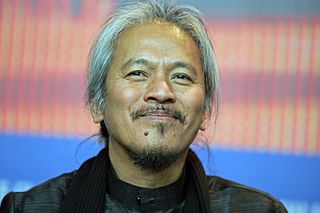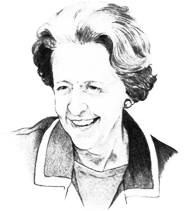A Quote by Lav Diaz
The novelistic attribute of my work is very much like the Russian way of creating novels. Tolstoy, Dostoyevsky - their work has so many gaps. But for the reader, you cannot erase those gaps because they are important. They contextualize the whole struggle. My cinema is like that.
Related Quotes
The gaps are the thing. The gaps are the spirit's one home, the altitudes and latitudes so dazzlingly spare and clean that the spirit can discover itself like a once-blind man unbound. The gaps are the clefts in the rock where you cower to see the back parts of God; they are fissures between mountains and cells the wind lances through, the icy narrowing fiords splitting the cliffs of mystery. Go up into the gaps. If you can find them; they shift and vanish too. Stalk the gaps. Squeak into a gap in the soil, turn, and unlock-more than a maple-universe.
For me, it is about using everything that is there and using the gaps in the record, figuring out why the gaps might be there. And then when you move on to the level of what historians said, laying the interpretations side by side. You also have to look back at the documents and make your own judgments. What the record says and what people say about it. A novelist can fill the gaps in a way that a biographer cannot.
We aren't defined by our work. People think if you over-identify with your work, then that must mean you're giving over too much of yourself to it, that there's something wrong with that. We're trained to believe in things like work-life balance. So much work is tending towards service. It's very much about creating experiences rather than products, and it makes those boundaries between life and work very slippery.
I don't like that we repeat a certain expression over and over again because I think it narrows the way that we look on the world. I also think that there is a certain responsibility if you work with moving images because it's so strong in creating behaviour; it's so strong in creating the way that we look on the world, so for me it's very important that I create images that I have an experience of or is something that I think exists in the world and not just in cinema.




































